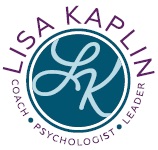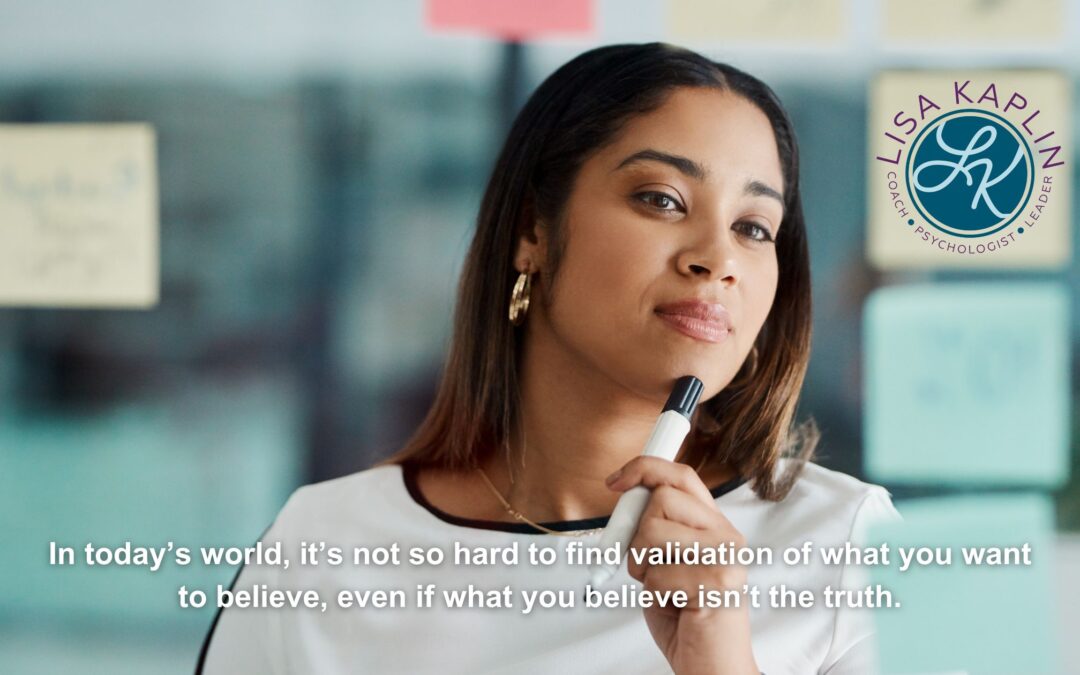Lately, I’ve been asked to do a number of talks for organizations around critical thinking. I’m a facilitator for the American Management Association and they have an excellent critical thinking course. Although my sample size is somewhat limited, I wonder why companies are looking to develop their employee’s critical thinking skills? I’m pretty confident that it’s because those skills are missing for many people.
In our social media obsessed, post-truth world, it’s hard to find people who do the work required to be an excellent critical thinker. And a lack of critical thinking is dangerous to organizations and to all of us. While discussing this topic with my husband, he rather wisely said, “People want to believe what they believe.” And in today’s world, it’s not so hard to find validation of what you want to believe, even if what you believe isn’t the truth.
Why is it so hard to believe something we don’t want to believe? Probably because most of us don’t want to be wrong. We have a theory that we want to believe and we look for evidence to prove that theory right. Very few of us look for evidence to disprove our theory. What fun is that? Being right is much more fun. Yet here’s the problem–maybe we really are not right. Maybe you think it doesn’t much matter if you are not right, yet lives may depend on some people who are not willing to disprove their own theory.
Doctors used to believe that they didn’t need to wash their hands when working on patients. They actually didn’t fully believe that hand washing was necessary until the mid-19th century! Millions of people died because doctors didn’t figure out that going from one patient to the next and doing all sorts of disgusting things with their hands caused infection and death. Even after the evidence became clear regarding hand washing, many of the doctors didn’t want to do it.
So how can each of us be a bit better at critical thinking? Here’s a few ideas: 1) Talk to people who have different belief systems than you do and ask them open-ended, curious questions. Seek to understand the other person and their point of view. 2) Seek many sources in order to challenge your own theories or beliefs. One news source isn’t research; it’s one news source. 3) Be aware that online, particularly with social media, the algorithms will continue to give you what you initially looked for. In other words, it’s validating your belief system, not challenging it. 4) When looking for good resources, look for studies with large sample sizes and with peer reviewed and replicated studies. Watch out for correlation versus causality.
Why bother being a powerful critical thinker? Because it’s fun to learn more, to challenge yourself and to feel confident in your knowledge with facts and data to back it up. It makes our world wiser, kinder, and more aligned. Without critical thinking, we could go back to physicians with dirty hands and I, for one, am opposed to that idea!
Love,

Lisa Kaplin Psy. D. PCC

